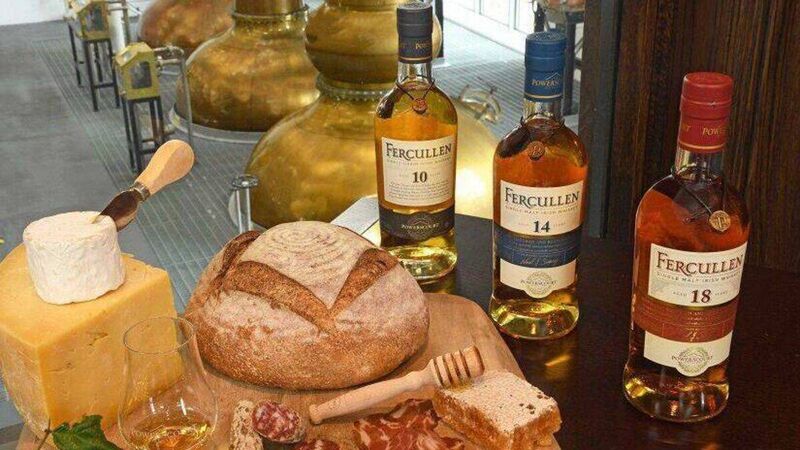Changes to Rules of Origin needed to protect all-island food and drinks industry

Industry figures have called for the reform of the EU rules of origin, so the all-island food and drinks sector can be protected under the Northern Ireland protocol. File Picture.










